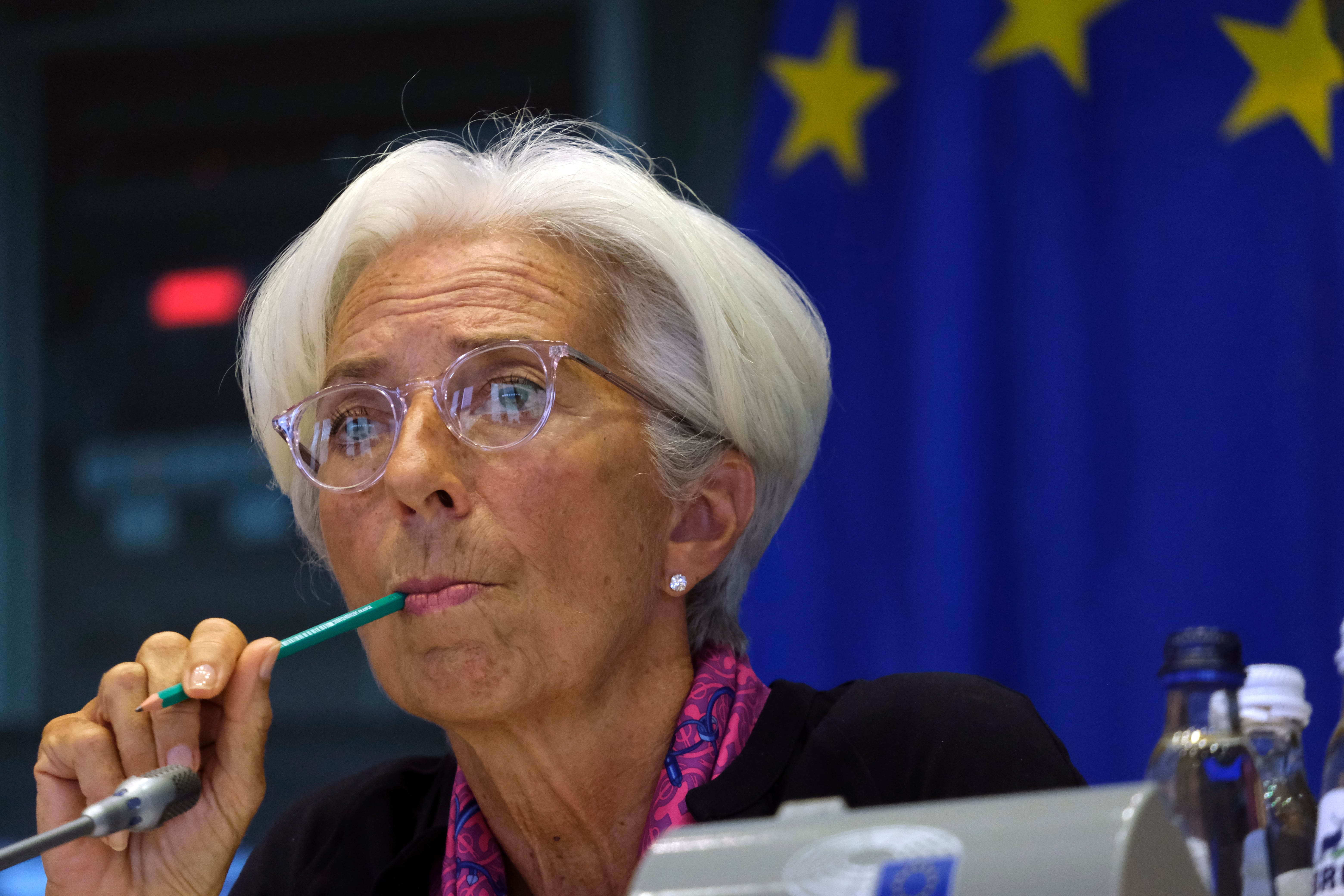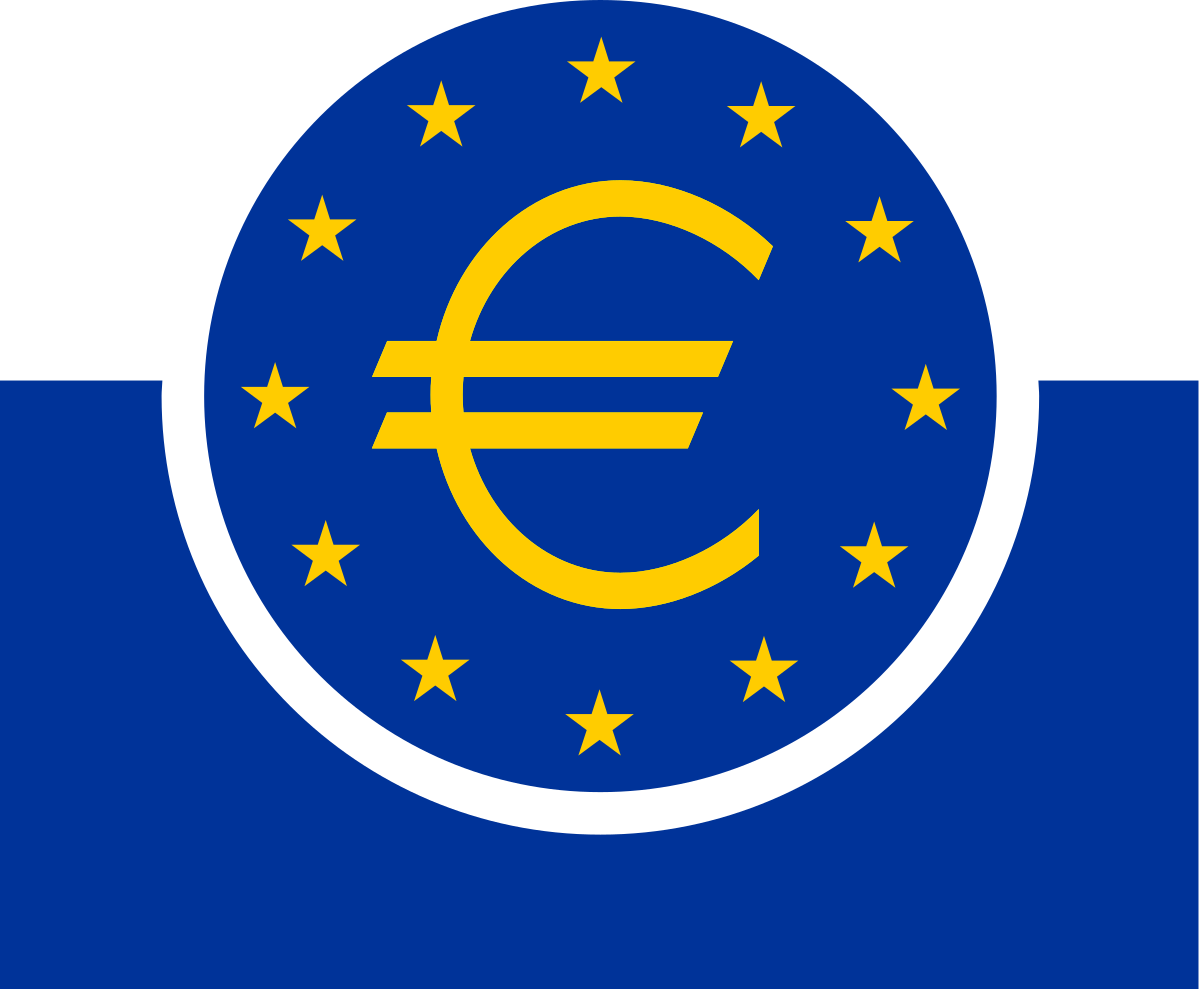Investors rotated out of short-duration euro-denominated bond ETFs last week following the European Central Bank’s decision to maintain its ultra-loose monetary policy at current levels.
According to data from Ultumus, the SPDR Barclays 0-3 Year Euro Corporate Bond UCITS ETF (SYBD) saw $391m outflows in the week to 11 June, the highest across all ETFs listed in Europe, while investors withdrew $156m from the iShares € Govt Bond 3-5yr UCITS ETF (IBGX).
Meanwhile, the iShares Core € Corp Bond UCITS ETF (IEAC) saw $225m inflows while the Xtrackers EUR Corporate Bond UCITS ETF (XBLC) gathered $139m as investors sought longer duration strategies amid the promise of further support from the ECB.
Last Thursday, the central bank said it would continue to purchase €80bn bonds a month until March 2022 as part of the Pandemic Emergency Purchase Programme (PEPP) while choosing not to reveal when it plans to reduce the COVID-19 stimulus programme.
Commenting on the decision, ECB President Christine Lagarde (pictured) said: “We believe that the steady hand is actually the right response.
“We are far away from our ultimate aim. We are certainly not where we would like to be once the pandemic is over.”
The ECB did increase its growth and inflation forecasts with price growth set hit 1.9% in 2021, an increase since its previous projection of 1.2%.
However, Hinesh Patel, portfolio manager at Quilter Investors, said the hawkish members of the Governing Council will be side-lined for some time to come.
“Semantics is everything with central bankers, and there was no mention of tapering to keep markets calm,” Patel said. “But even if the ECB speaks no evil and we hear no evil, it does not mean we will not see no evil. Although not for some time, tapering is inevitable, and we know this could cause a market wobble.”
Meanwhile, the projections for stronger growth combined with continued central bank support should create a strong environment for corporate bonds on the continent, according to Mohammed Kazmi, fixed income strategist at Union Bancaire Privée (UBP).
“The ECB’s projections saw decent growth revisions upwards, which is a clear indication to us that they are becoming more positive on the outlook, as downside risks fade,” Kazmi predicted.
“We see the next policy move from the ECB as set to be in the hawkish direction now when we should have more clarity on how the reopening of economies and borders has gone.”




